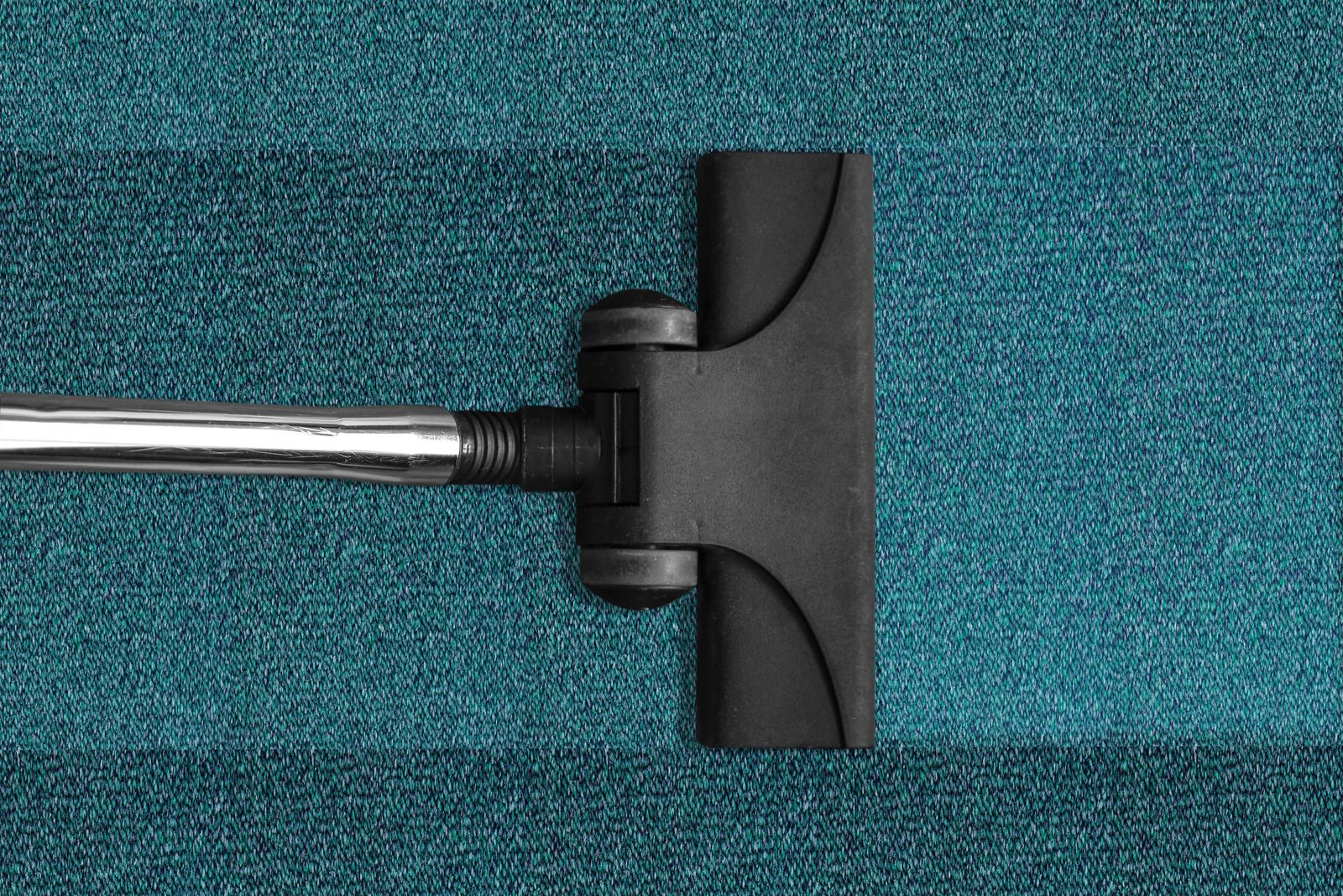5 Tips for Long Lasting Carpet
Improving poor carpet conditions generally means needing a complete replacement, which can be a lengthy and costly project. These tips outline more affordable and effective ways to protect carpet flooring and preserve their longevity.

Carpet flooring can be one of the most high-maintenance parts of a property: signs of wear and tear as well as stains and dirt are most visible on carpet. Poor carpet care is easy to spot and tough on the eyes, which can make an otherwise appealing space loose its value. Improving poor carpet conditions generally means needing a complete replacement, which can be a lengthy and costly project. The tips below outline more affordable and effective ways to protect carpet flooring and preserve their longevity.
1) Consider stricter pet policies - Carpet is not a pet-friendly surface: it absorbs odor, and can easily hold onto hair and stains. Indoor ‘accidents’ can take an unpleasant turn, and their odor can linger long after cleanup is attempted. The best way to ensure carpet flooring can be adequately repaired and cared for on the long run is to set a higher security deposit for pet-friendly properties, which can then be utilized to repair carpet damage as needed. Always make sure to thoroughly communicate with your tenant what kind of responsible pet care is expected for animals to continue living in the property.

2) Schedule a deep-cleaning service once a year - Most carpet manufacturers recommend having a yearly professional deep-cleaning as a way to prolong the life of carpets. It is best to steer clear of providers who utilize harsh chemicals, which can be harsh on carpet fibers and might lead to discoloration.
3) Include hard-surface areas - Constructing a hard-surface area to act as a “barrier” against the dirt and debris brought in from outside can be extremely helpful when it comes to protecting carpet from direct exposure. A small tile or vinyl landing can be easily added in front of main entryways, and tenants should be encouraged to utilize floor mats to wipe their shoes on.

4) Provide tenants with approved detergents for spot-cleaning - It is fundamental to inform tenants about the risks of letting stains dry on carpet fibers, which usually results in permanent staining and visible marks. Utilizing an effective and carpet-friendly detergent and blot cleaning right away is the most effective approach to avoid permanent stains. Consult a trusted professional carpet cleaner about ideal detergents and make the recommended product available to tenants.
5) Invest in area-appropriate flooring - Carpet performs best and lasts longest in low-traffic areas, away from outside debris, food, moisture and pet exposure. It is ideal to remove carpet from kitchens and dining areas, opting for vinyl, tile and laminate options instead. This will avoid the high risk of food stains and spills while improving the look of the property.

